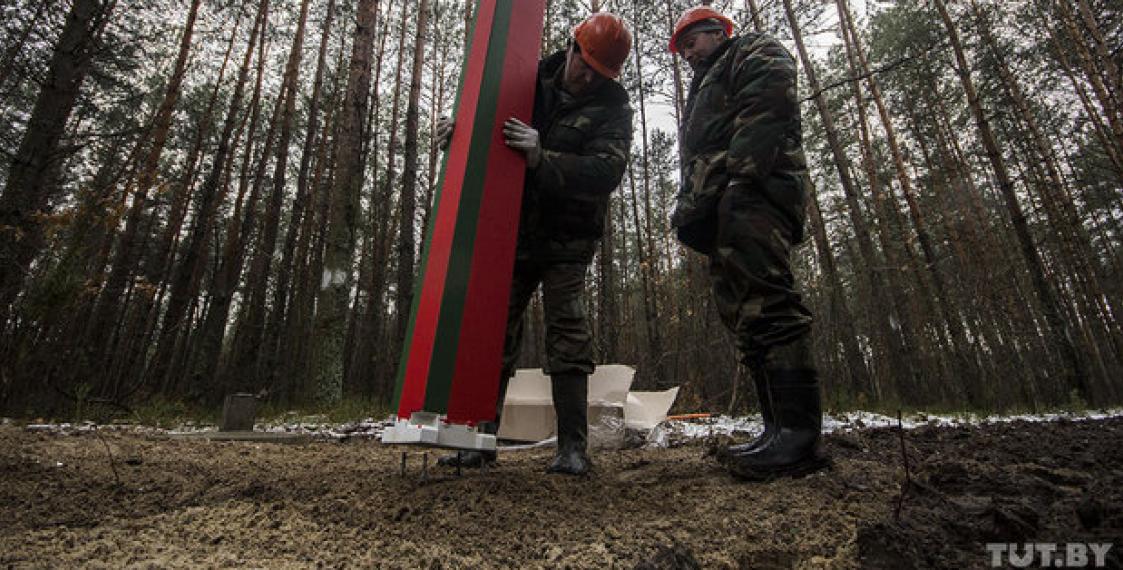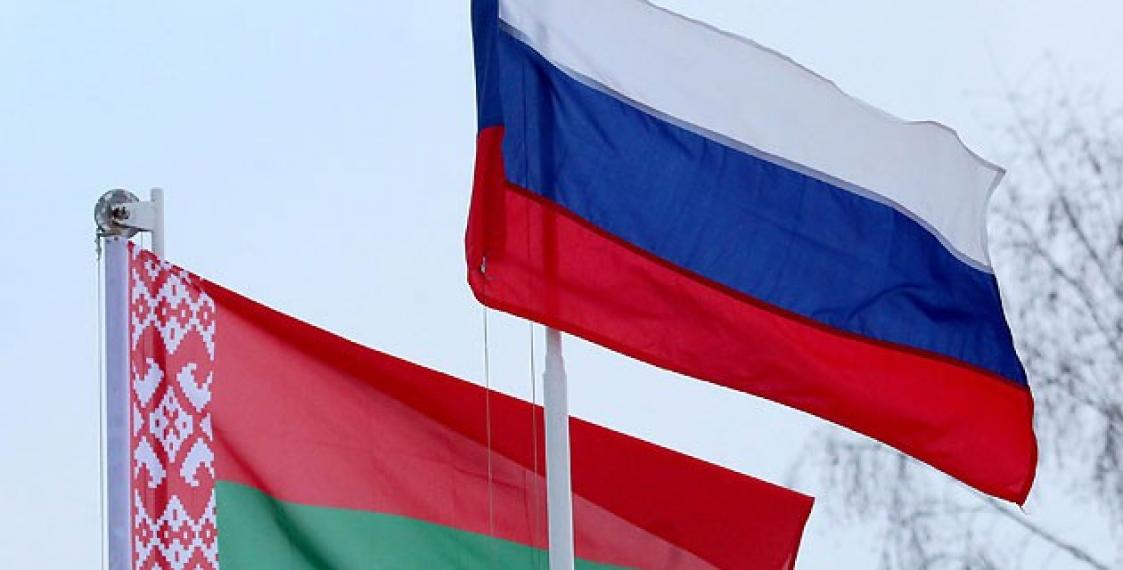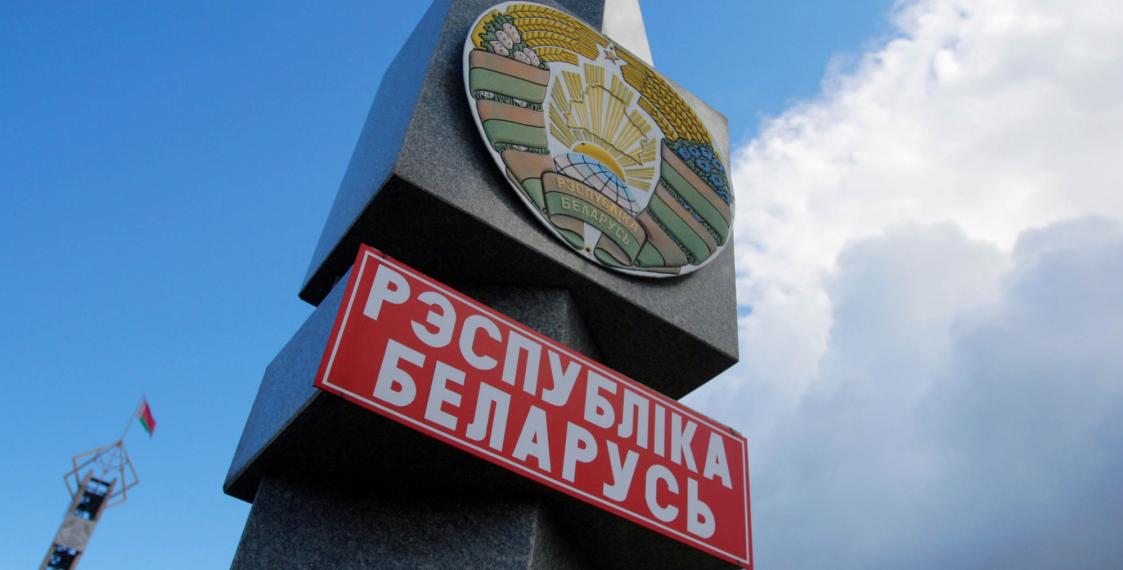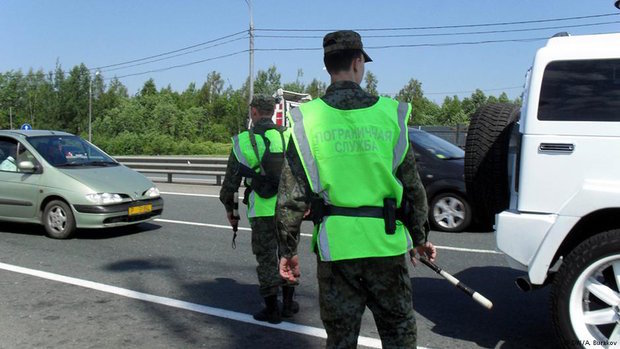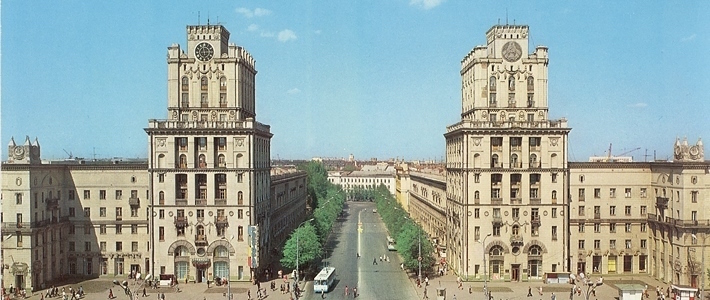Russia-Belarus: breakup or blackmail? The crisis in allied relations
Last week turned out to be a crisis one for Russia-Belarus relations.
It all started with Russia introducing border control on the frontier with Belarus on February 7.
Now the border guards stop every car driving from Belarus to Russia on E30 highway. Those, who travel to Belarus, aren’t checked the documents. On a side note, a kind of border crossing point has been arranged here, but vehicles are stopped and checked just before reaching it.
There is no border control infrastructure at the railway station in the border town of Orsha. People in the green uniform just wait for the passengers at the first train car. Passports aren’t checked – just looked through. But a queue is formed anyway.
People with red Russian and blue Belarusian passports are let go quickly. Other documents are scrutinized more thoroughly.
They stopped a man in a white-blue-red cap in the presence of the Euroradio reporters, asking him to produce additional papers. But when the journalists tried to record it on video, the border guards obstructed them and made them delete all photos and a video clip.
Earlier, there was no border regime between the two countries, since both of them were engaged in the process of building Russia-Belarus Union State. Whereas now, those who are willing to travel to Russia should have special passes.
What are the reasons for growing animosity between Russia and Belarus?
As Belarusian President, Alexander Lukashenko, stated during the ‘Big Talk with President’, a meeting with public figures and representatives of the local and foreign mass media, held in the extended format, in Minsk, on Friday, February 3, it was an exclusively political move and it shouldn’t have been made.
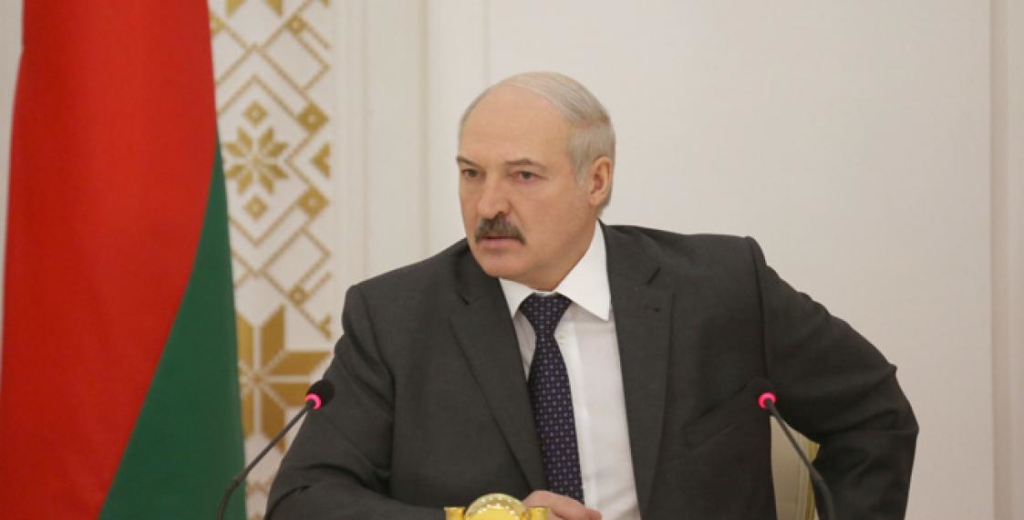
Lukashenko said, Moscow’s ‘reckless, uncoordinated moves’ spoil Belarus-Russia relations. He also accused Russian FSB (Federal Security Service) chief of violating the intergovernmental border agreement, which doesn’t provide for any border control.
During the meeting that lasted for several hours, Lukashenko touched upon all ‘sore points’ in relationship between the two countries, which until then had been discussed only in mass media.
Visas
In January 2017, Belarus abolished entry visas for citizens of 80 countries (for the period of 5 days, upon arrival in Belarus via Minsk Airport). Many experts and media outlets assumed that the aforesaid decision was the very reason Russia decided to introduce border control along its frontier with Belarus.
As Lukashenko stated at the meeting, the decision to expand a circle of those, entitled to enter Belarus visa-free, ‘in no way poses any threat to Russia’ national security.
Oil
Apart from abolition of visa regime by Belarus, many publications in mass media, both in Belarus and Russia, pointed to yet another coincidence: the tension in Russia-Belarus relations has increased the moment the parties failed to agree on the prices for oil imported from Russia to Belarus.
Alexander Lukashenko touched upon this issue as well: “We can do without Russian oil. It is going to be difficult, but freedom and independence…are not measured by money…We will anyway find the way out. Regrettably, Russia doesn’t understand it,” said Lukashenko. In his words, Moscow believes, ‘there is no alternative to the Russian oil’, but Belarusian leadership thinks differently.
Meat
Belarusian beef has been also put on dramatically expanding list of Belarus-Russia controversial issues. Russian Rosselkhoznadzor (RF Federal Service for Veterinary and Phytosanitary Surveillance) banned Belarusian beef import to Russia last week.
Right at the meeting, Belarus leader tasked the relevant agencies to look into a possibility of instituting criminal proceedings against Rosselkhoznadzor Chief, Sergey Dankvert, for ‘inflicting damage’ to Belarus by imposing the aforesaid ban.

Zhirinovsky- response on behalf of Kremlin
The Kremlin didn’t directly respond to Lukashenko’s statement. However, Russian Liberal Democratic Party (LDPR) leader, Vladimir Zhirinovsky’s statement, whose views always correspond to the official ones, could be regarded as Moscow’s indirect response to Belarus.
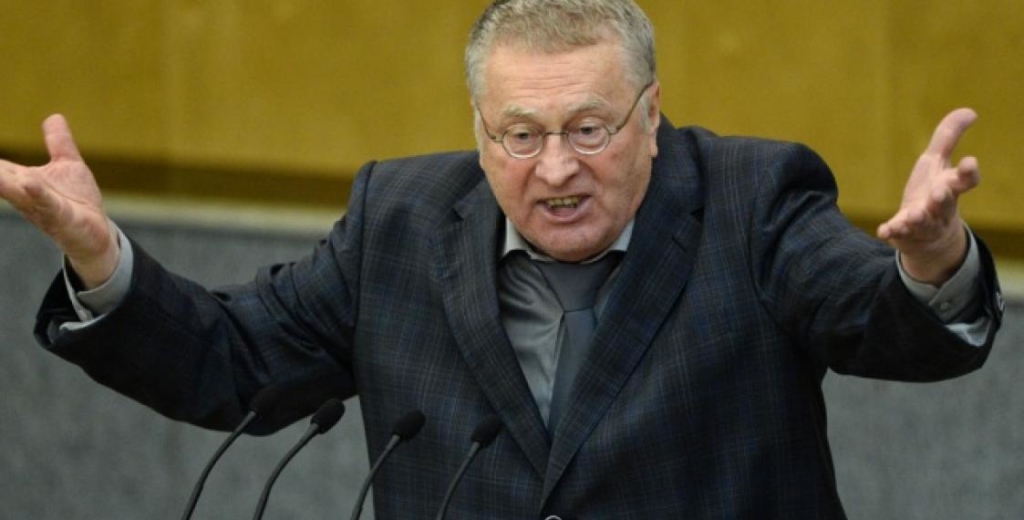
Speaking at his party congress on Saturday, February 4, Zhirinovsky said: ‘The Belarusian leader has sucked everything he could out of Russia. So, we are saying: isn’t it enough? What does Lukashenko want? An individual state that will be getting good at the Russian domestic prices. Why on earth? Well, let you be part of our country then. And here he is, sitting and demanding: ‘Russia, give me this’, ‘EU, give me that’. He got pretty cozy!”
This statement was published in the Parliamentary Newspaper, Russian State Duma’s official body.
Expert opinion: what’s actually going on
“The reason for Russia’s pressure lies in the fact that Alexander Lukashenko disagrees to increase Russian military presence in the territory of Belarus,” Arseny Sivitsky, a political analyst and director of the Center for Strategic and Foreign Policy Studies, expressed this opinion live on air of Euroradio (the matter concerns setting up of new military bases on the territory of Belarus, which Moscow insist on-ed.).
“In terms of Belarus’ national security, the presence of foreign troops…especially those of the country that acts in a rather unpredictable and unexpected manner at the international scene, is rather dangerous for our sovereignty and independence,” said Sivitsky.
Andrey Piontkovsky, a Russian independent political analyst, is more categorical in this regard:
“Absorption of Belarus has been always an ultimate goal of the entire Russian policy, starting from Yeltsin. And Lukashenko has always realized that and he has opposed that either through cunning or obstinacy for 20 years. And the Kremlin has been always well-aware of it too, viewing it as the major obstacle on the path towards Belarus absorption. Finally, in 2017, they decided to get rid of this obstacle, quietly, making ‘no fuss, no muss’. However, Lukashenko saw it and went ahead of the curve,” believes Piontkovsky.
- The Treaty on the Union between Belarus and Russia was signed by the Belarusian and Russian Presidents in Moscow, on April 2, 1997. Since that time, the Day of Unity of the People of Russia and Belarus has been marked on April 2. The Parliamentary Assembly and some public administration bodies were jointly set up over the past period. All attempts to introduce a uniform currency have failed.
